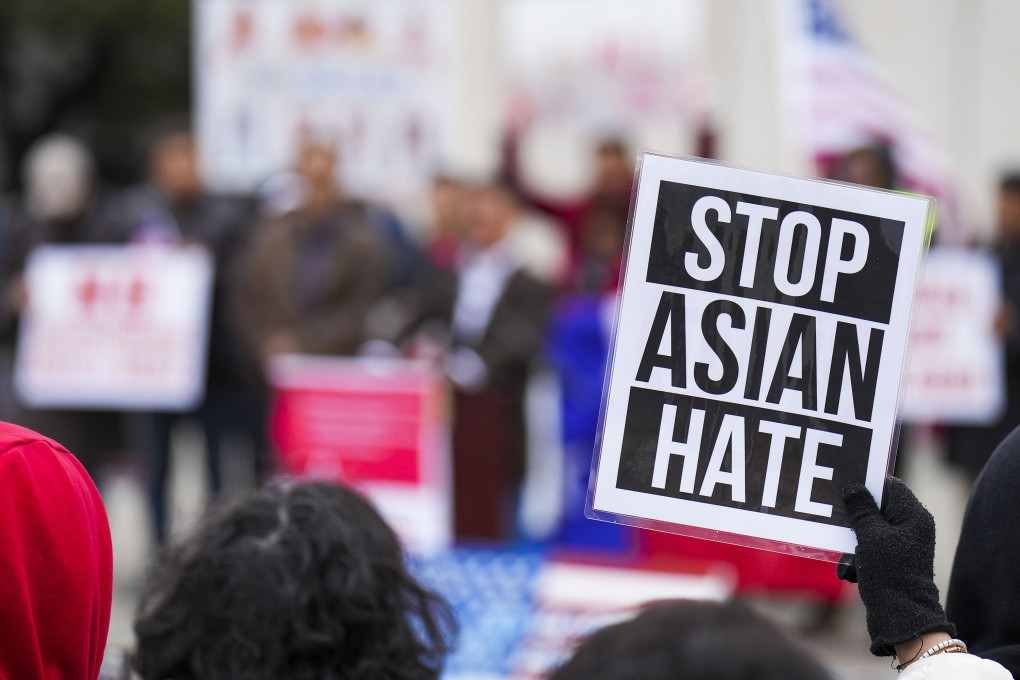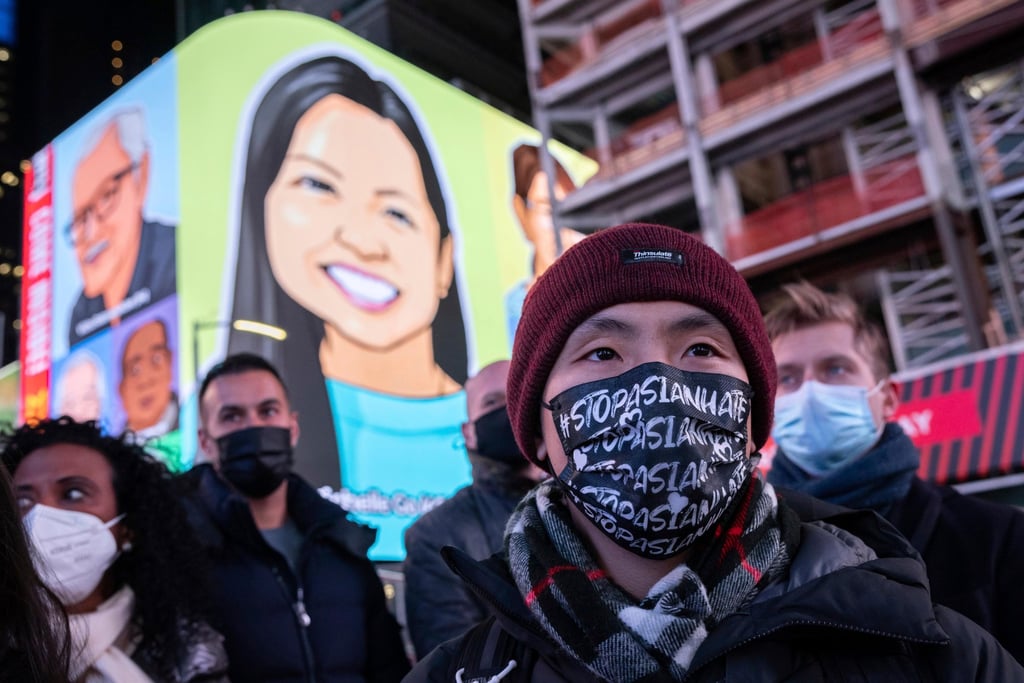Asian-Americans should prepare for more hate, committee warns
- Despite the rollback of a Justice Department programme, a ‘major chill’ has been created and is likely to worsen, panellists say in California
- ‘People look for someone to blame. Both political parties say China is the enemy and we have that look.’

Although the US Justice Department’s China Initiative – which fuelled mistrust toward Asian-Americans – may have ended, the community would be wise to brace for even greater discrimination, violence and hate in the near future, speakers at a conference warned Saturday.
The 2024 presidential election and a string of US-China geopolitical issues – including recent news of a Chinese surveillance balloon crossing the US and reports of de facto Chinese police stations operating on US and Canadian soil – are likely to make things worse, according to panellists at the Committee of 100’s annual conference in San Jose, California.
“It’s clear that China and the US are strategic and economic competitors,” said Buck Gee, regional chair of the Committee of 100, a leading Chinese-American civic group. “People look for someone to blame. Both political parties say China is the enemy and we have that look. And there are people who are suffering and see us as the enemy.”
The China Initiative, which was launched in November 2018 by the Trump administration, aimed to stem economic espionage and theft of trade secrets and intellectual property by China. Critics say the programme racially profiled Asian-Americans and ruined careers, particularly those of professors and researchers at US universities who failed to disclose their affiliations with Chinese institutions. Many of the cases were dropped for lack of evidence.

“The attacks on the loyalty of Chinese Americans, and the way in which the government’s going about doing it, has had an impact on us with the segue into hate crimes [directed at] Chinese-Americans and Asian-Americans in general, because they ‘all look alike’ and are a danger and a threat to national security,” said Brian Sun, a partner with the Norton Rose Fulbright multinational law firm. “This is just the kind of thing we have to step up and combat – balanced against the concerns of national security.”
